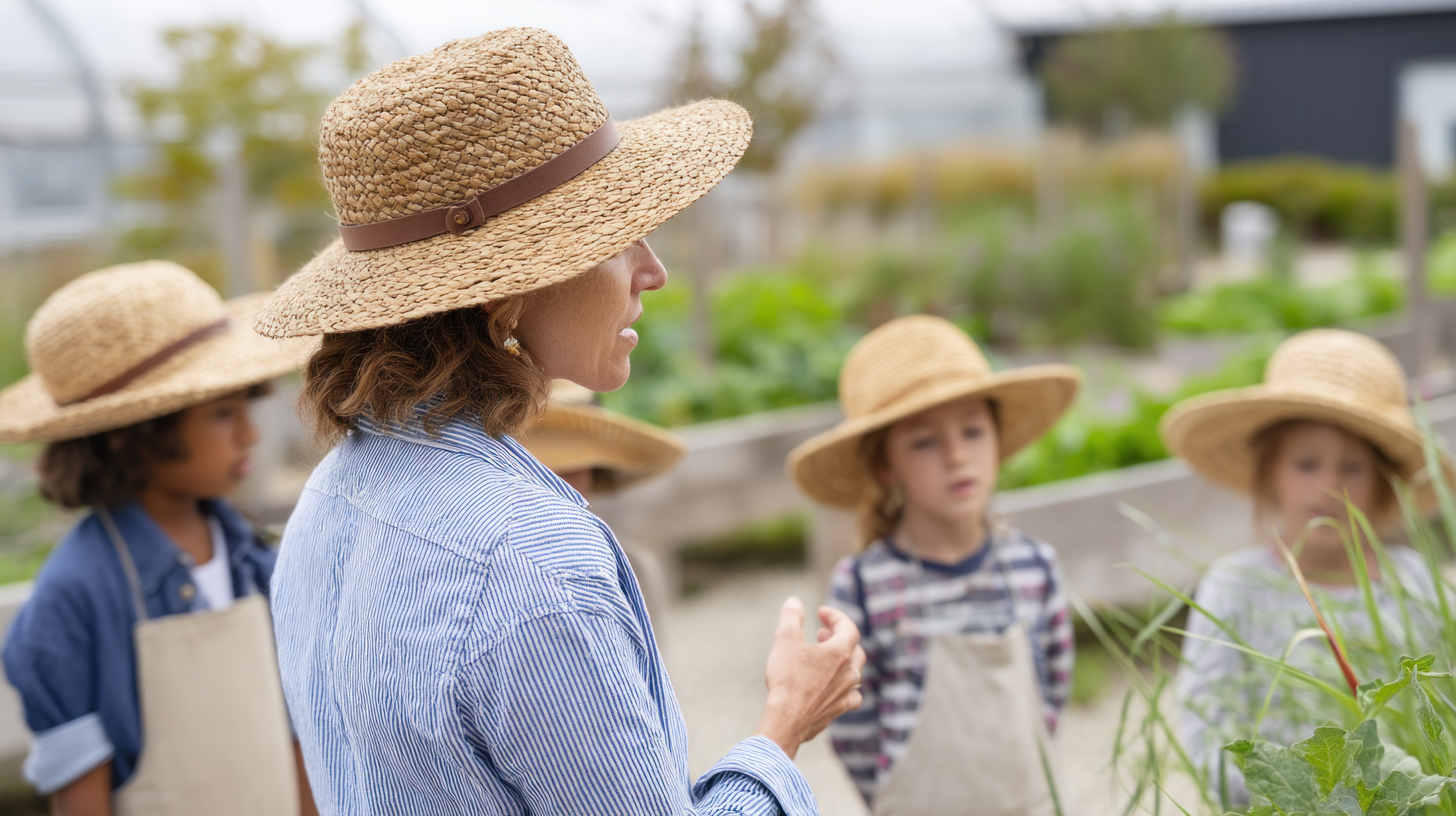About This Sustainability and Outdoor Learning Teacher Training Course
Green Classrooms: Sustainability and Outdoor Learning in European Schools invites educators to reimagine education through the lens of nature and sustainability. In a time when climate literacy and ecological awareness are essential for the future, this course empowers teachers to transform their classrooms into dynamic, green learning environments. Participants will explore innovative outdoor education practices, nature-based pedagogy, and strategies for integrating the European Green Deal and the UN Sustainable Development Goals into their teaching.
Through hands-on workshops, outdoor activities, and collaborative learning experiences, participants will discover how to re-naturalise school spaces, design eco-friendly initiatives, and implement active methodologies that connect students to the natural world. This course emphasizes the profound benefits of outdoor education for student well-being, motivation, inclusion, and environmental stewardship. Educators will learn to foster creativity, critical thinking, and lifelong learning competences while cultivating a generation of environmentally responsible citizens.
Ultimately, Green Classrooms is more than a course—it's an invitation to lead educational transformation. Participants will leave equipped with practical strategies, action plans, and the inspiration to create sustainable, inspiring learning environments that nurture both students and the planet.
What You'll Learn in This Course
- Foundations of sustainability education and the European Green Deal
- Nature-based pedagogy and outdoor learning methodologies
- Strategies for re-naturalising school spaces and creating outdoor classrooms
- Integration of SDGs and environmental education into the curriculum
- Eco-friendly school initiatives and green practices
- Active and participatory methodologies for outdoor education
Who Should Attend This Course
This professional development course is specifically designed for:
- Primary school teachers seeking to integrate nature-based learning
- Secondary school teachers teaching science, geography, or environmental studies
- School leaders and administrators implementing green school initiatives
- Environmental education coordinators developing sustainability programs
- Outdoor education specialists expanding their pedagogical approaches
- Teacher trainers supporting professional development in sustainability education
Key Benefits & Learning Outcomes
Professional Skills
- Master nature-based pedagogy and outdoor learning techniques
- Design and implement green classroom spaces
- Integrate SDGs into curriculum planning
- Lead eco-friendly school initiatives and sustainability projects
Career Impact
- Europass Mobility Certificate (20 hours)
- Erasmus+ recognized professional development
- International sustainability education network
- Enhanced student engagement and environmental awareness




